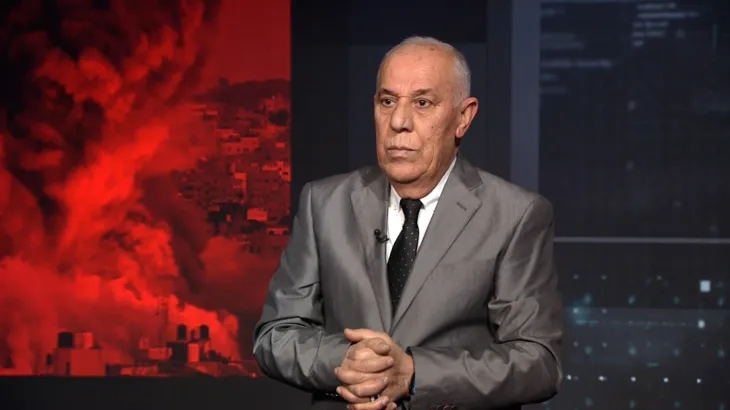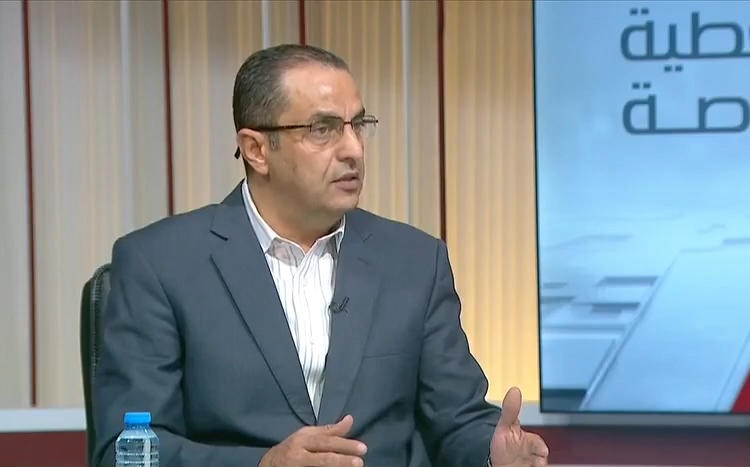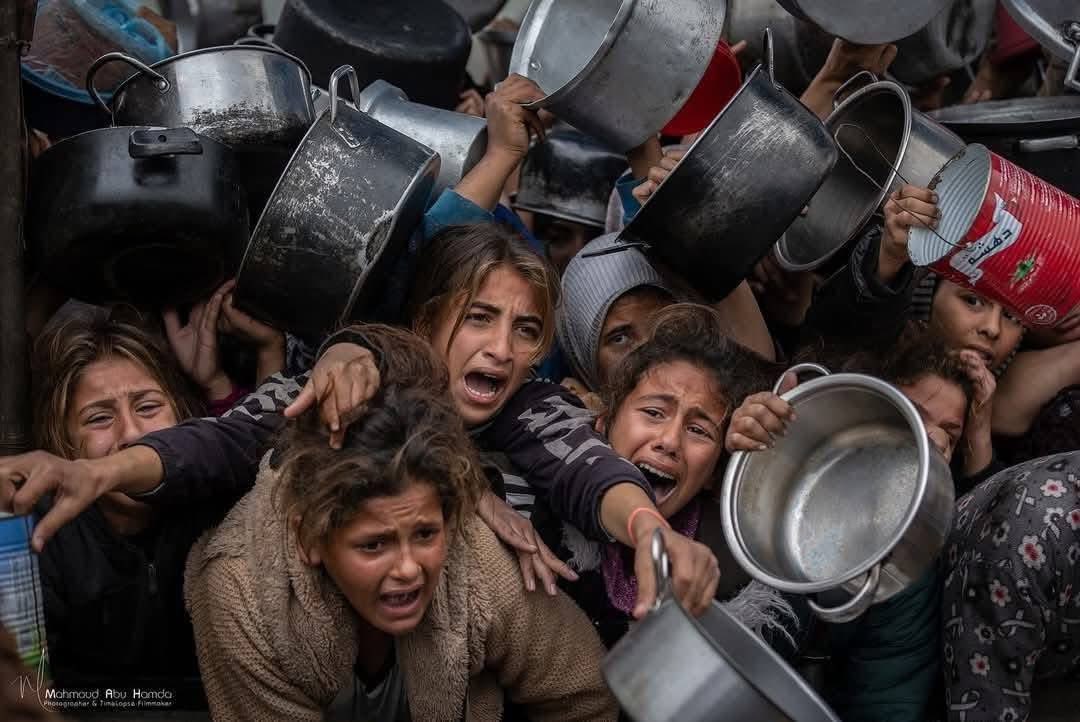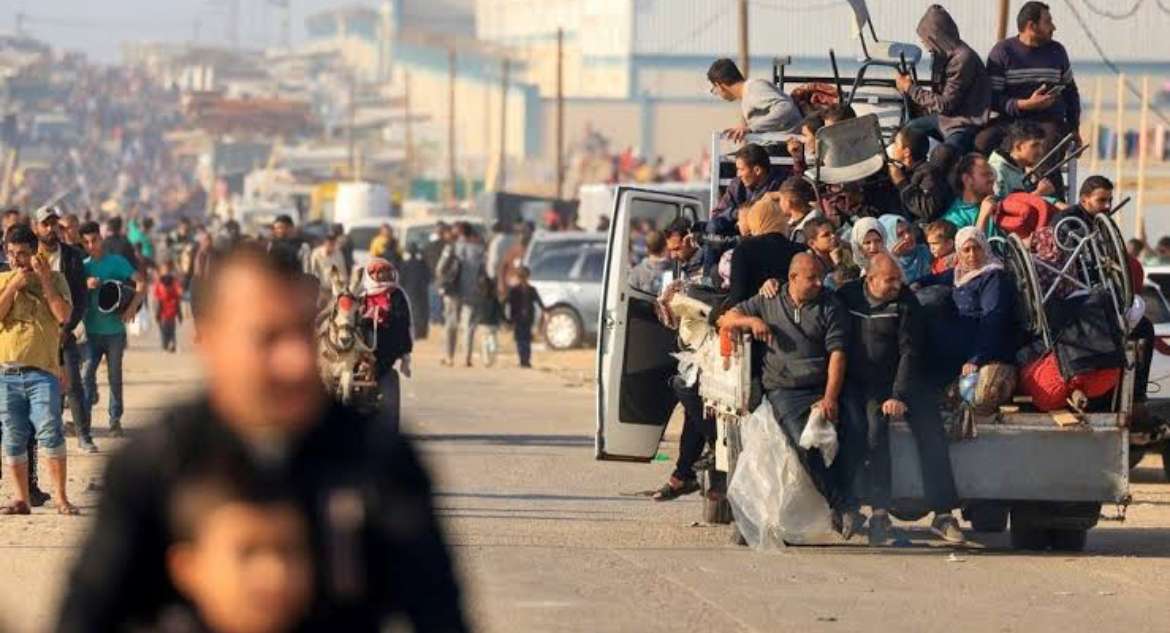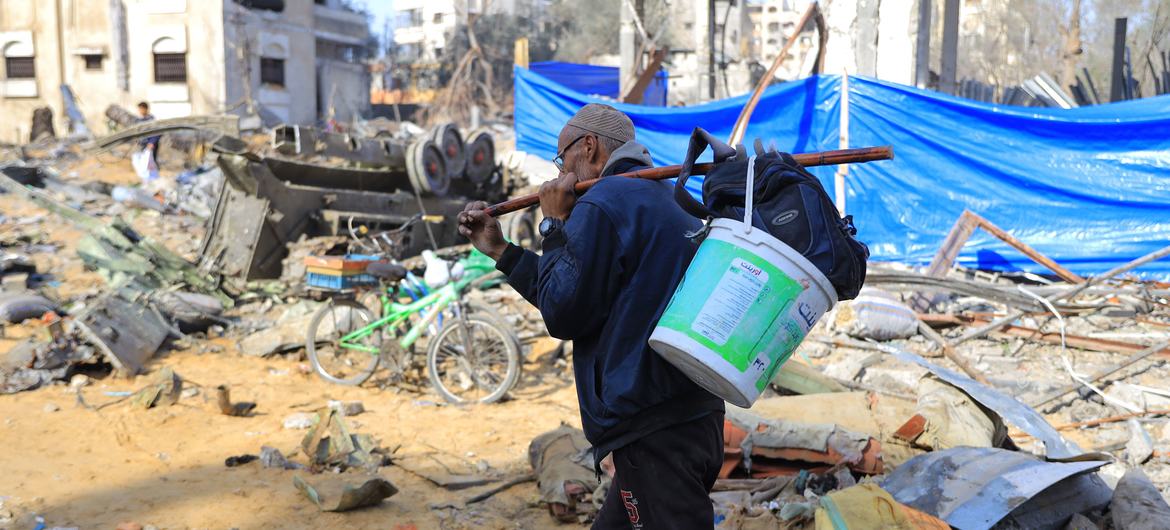
President of the Kuwaiti-based Reconnaissance Center for Research and Studies Abdul Aziz Al-Anjari, confirmed Donald Trump’s return to the White House next January will pave the way for the implementation of a pre-prepared plan to bring about radical changes in the Middle East.
Normalization
Al-Anjari, a member of the National Press Club in Washington, told Quds Press this plan seeks “to push towards almost complete normalization in the region, and to form a ‘new Middle East’ to strengthen Israeli hegemony, and establish the role of the United States as the main guarantor of this trend.”
Al-Anjari pointed out that “the plans are proceeding, despite the hopes of peoples demanding justice, and international human rights movements supporting Palestinian rights, but decisions are ultimately taken at the level of governments, most of which have shown a tendency towards greater rapprochement with Israel, and adopting a security vision that excludes all forms of armed resistance, which governments consider a threat to stability in the region.”
He added that “US-Israeli cooperation includes steps to enhance rapprochement with Israel by imposing laws that limit the boycott of Israeli products, measures that prevent some countries from rejecting Israeli travelers, or restricting the permission of Israeli aircraft to use airspace.
These policies aim to relieve some governments of the embarrassment they feel in front of their people, and to show that they find themselves forced to approach Israel under legal and diplomatic pressures, while the truth is that these plans are known in advance to some governments as part of broad normalization plans,” he said.
Two-state solution
Al-Anjari also touched on the issue of the “two-state solution,” considering it “a mere mechanism for managing the conflict, not resolving it, as this solution, as proposed today, seeks to grant the Palestinians an entity with diminished sovereignty and space, while consecrating the recognition of Israel as a fully sovereign state.”
The Kuwaiti analyst criticized what he described as “the contradiction in the positions of some parties calling for the two-state solution, which “support this solution, but refuse to recognize Palestine as a state,” considering that this “reflects a duality aimed at deceiving public opinion.”
The issue of Palestinian refugees and “two-state solution, if implemented, which is highly unlikely, will ignore the right of return; as Israel categorically rejects this right for fear of affecting its demographic balance, while granting the right of return to every Jew around the world, which leaves millions of Palestinian refugees without their basic rights.”
He added that “this makes the proposed Palestinian state lacking sovereignty, without real control over its borders, and unable to make its decisions freely.”
He pointed to “the possibility of future changes through elections in democratic countries, if their people are able to choose governments that support Palestinian rights.”

